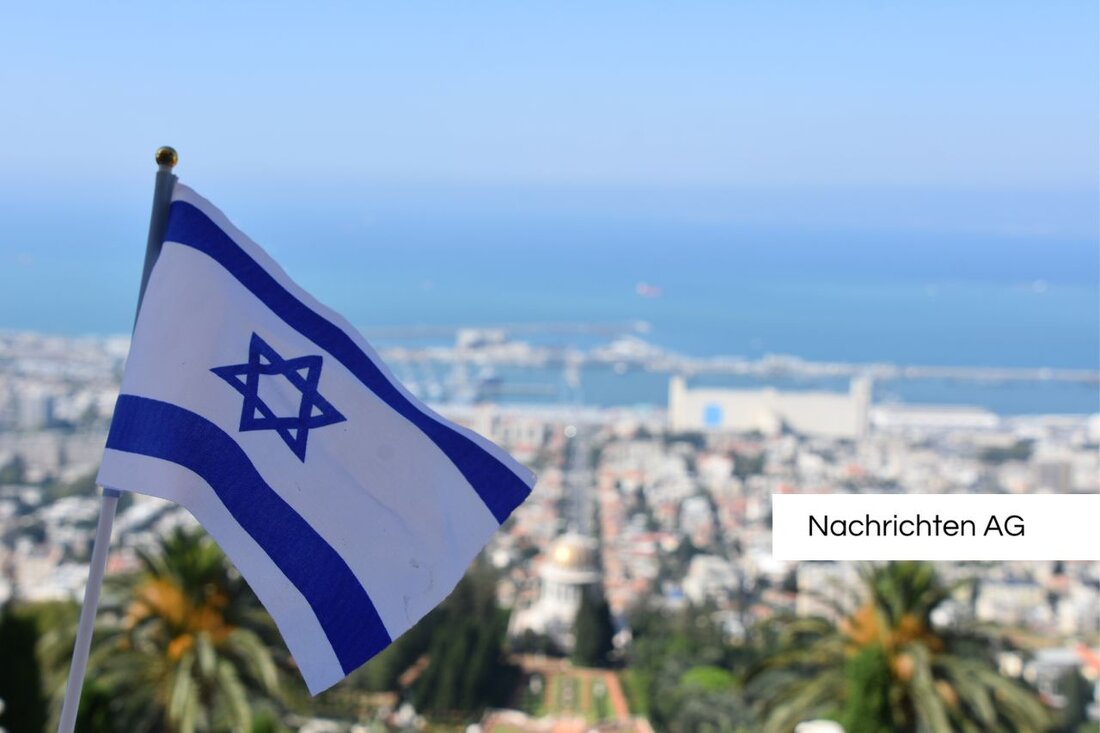Anti-Israel claims: ESC winner JJ in criticism!
Anti-Israel claims: ESC winner JJ in criticism!
The Eurovision Song Contest (ESC) is again in the area of tension between music and politics. Elie Rosen, President of the Israelite Culture Community for Salzburg, Styria and Carinthia, sentenced the latest statements by the ESC winner JJ. In a statement, Rosen criticizes that JJ, enthusiastic about his victory, wants to become politically active by demanding Israel's exclusion from future competitions. Roses sees this demand as the support of the anti-Israeli BDS movement and emphasizes that Israel usually takes a pioneering role in relation to LGBTQ rights and artistic freedom in the Middle East, which forms a significant contrast to the conditions in other countries in the region.
rosen invites JJ to campaign for the rights of LGBTQ people in Gaza or other countries of the Middle East, convinced that this may change the artist's views. These conflicts about the participation of Israel in the ESC are not new. Already in recent years there were always calls for boycotting, especially in the context of the ongoing conflict in the Middle East. The ESC itself is designed as an apolitical event, and the European Broadcasting Union (EBU) regularly emphasizes the connecting power of music.
preceding controversy in Eurovision
The debauchery around Israeli participation was also a big topic in 2024 compared to the contest in Malmö. National representatives, such as the Icelandic composer and text poet association, demanded that they have to exceed the competition that their channels are out of the competition should continue to take part in the given political circumstances. This problem has run through the history of the ESC since Israel went into the race in 1957. There were also various incidents at the event itself, including politically motivated actions by artists, as showing Palestinian flags or wearing political symbols during appearances.
While Israel has won the ESC four times in the past, EBU hesitates to deviate from its course, which is why the discussions about the political neutrality of the competition last. Several artists from the LGBTQ community, like the British representative Olly Alexander, have shown themselves to the Pro-Palestinian movement in solidarity and called for an official boycotting of Israel.
The LGBTQ identity of Eurovision
The ESC has established itself over the years as an important event for the LGBTQ community, which is often referred to as the "largest gay pride parade in the world". This is underlined by the striking presence of the rainbow flag, which is omnipresent during the competition. The first post that dealt with homosexual love was made by Jean-Claude Pascal in 1961, which made the ESC an early pioneer in the presentation of LGBTQ issues. Artists such as Conchita Wurst and Dana International delivered important statements by driving the diversity and recognition of gender identities with their victories.
Although the ESC is considered politically neutral, it was always the scene of political statements. LGBTQ artist used their platform to draw attention to grievances, a practice that is usually welcomed by EBU as part of an artistic representation as long as it remains as part of the competition.
Overall, the ESC, which reached 161 million viewers worldwide, will continue to be accompanied by political tensions and cultural disputes. The upcoming competitions, in particular with the controversial participation of Israel, will once again put this dynamic to the test.
ots.at
Huffingtonpost.co.co.co.co.co.co.co.co.co.co.co.co.co.co.co.co.co.co.co.co.
rnd.de
| Details | |
|---|---|
| Ort | Malmö, Schweden |
| Quellen | |


Kommentare (0)